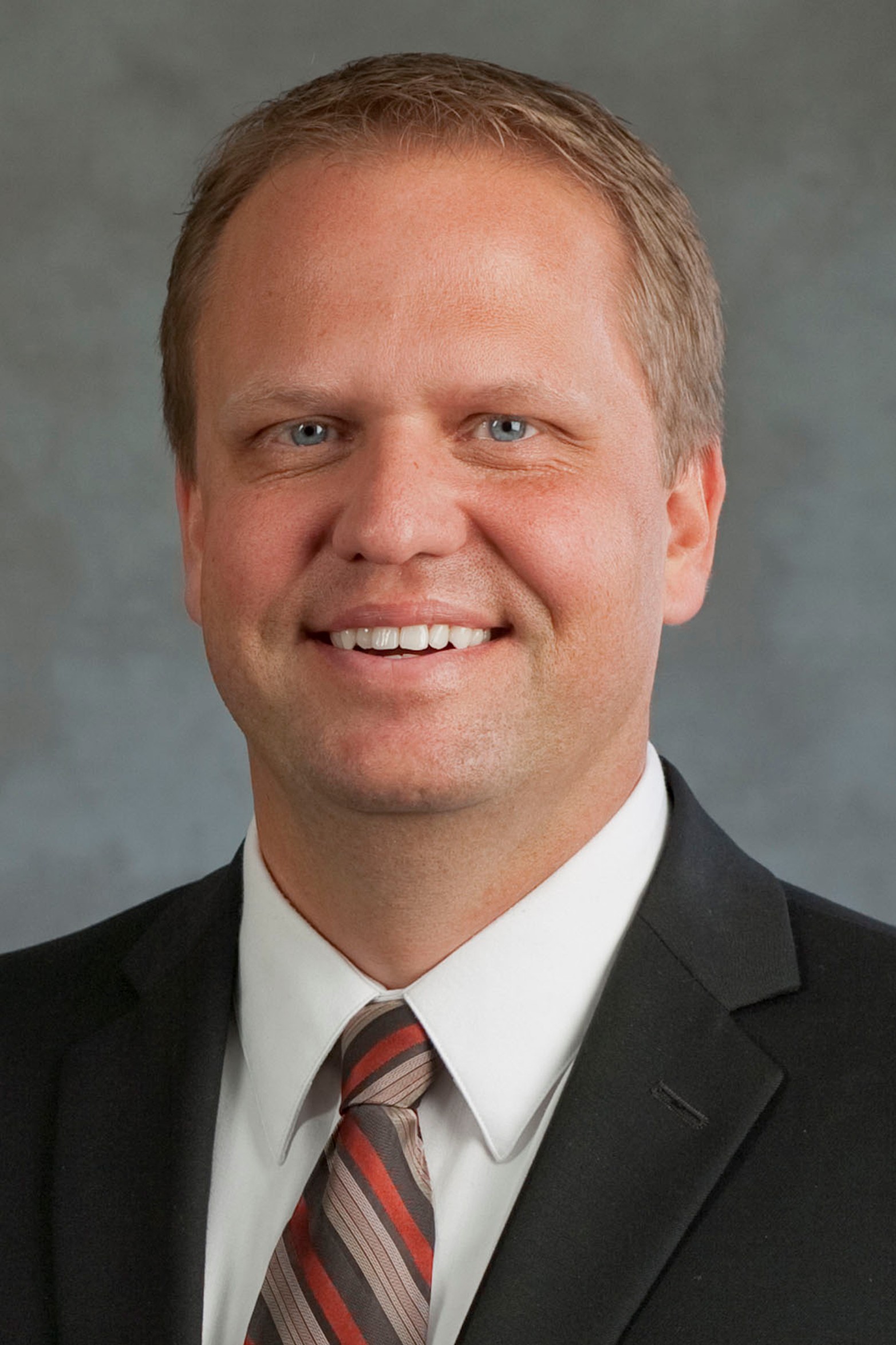
Maurice Blodgett, DO, FAAFP
Assistant Dean, Student Advancement and Simulation
Des Moines University College of Osteopathic Medicine (DMU-COM)
Feb 19, 2025
Can you share the career path that led you to your current academic role as assistant dean of student advancement and simulation?
My journey into academic medicine was shaped by my passion for teaching, which began during my residency. During my family medicine residency, I was honored to serve as chief resident, a role that allowed me to mentor junior residents and medical students. It was through these experiences of guiding residents and students, facilitating learning, and supporting their professional growth that I realized my love for teaching. After completing my residency, I returned to my alma mater, KCU-COM, as a faculty member. I had the opportunity to teach in both preclinical and clinical settings, integrating simulation-based education, clinical skills training, and advising. Three years ago, I accepted a position at DMU-COM, where I now currently serve as the Assistant Dean of Student Advancement and Simulation. In this role, I oversee student career development, simulation training, and various hands-on learning experiences. This position allows me to blend my passion for teaching with administrative leadership while working closely with students to guide them through their medical education journey.
What does a typical day look like for you in academic medicine?
One of the things I love most about my career in academic medicine is the variety—no two days are ever the same. I spend part of my day advising first- and second-year medical students on their career paths, specialty choices, and residency applications. I also teach in the simulation lab, where students practice hands-on skills using high-fidelity manikins for history-taking, physical exams, and emergency response scenarios. In addition, I deliver lectures on clinical topics and contribute to curriculum development. Beyond teaching, I engage with students as a faculty advisor for several campus organizations.
Do you still maintain a clinical practice? If not, what led to your decision to stop seeing patients?
I made the decision to step away from clinical practice three years ago when I moved to Des Moines to take on my current academic role at DMU-COM. While I loved patient care, I found myself increasingly drawn to medical education, student mentorship, and curriculum development. The opportunity to have a broader impact by training future physicians became my primary focus, and transitioning fully into academia allowed me to dedicate more time to teaching, student support, and research. That being said, I still stay clinically engaged through case-based teaching, simulation training, and assessment of students' clinical skills. Although I no longer see patients in a traditional setting, my work ensures that medical students receive the best possible preparation for their future clinical careers.
What do you think are the biggest rewards of working in academic medicine?
- Training future physicians: Watching students grow into competent, compassionate doctors is incredibly fulfilling.
- Long-term impact: My work reaches beyond individual patients to influence thousands of future physicians who will go on to impact countless lives.
- Innovation in medical education: I can develop new courses, integrate simulation, and improve how medicine is taught.
- Lifelong learning: Teaching keeps me constantly engaged with new medical knowledge and educational strategies.
How has working in an academic environment influenced your professional growth?
Working in academia has strengthened my leadership skills through administrative roles and mentoring students, expanded my expertise in medical education with a focus on simulation-based learning, and provided opportunities to engage in research and scholarly work that enhance student learning and improve patient outcomes.
Do you find that students and residents impact the way you practice medicine?
Absolutely. Students bring fresh perspectives, curiosity, and challenging questions that keep me engaged and encourage me to stay updated on medical advancements. Their enthusiasm reminds me of why I went into medicine in the first place.
What advice would you give to medical students considering a career in academic medicine?
- Find your passion in teaching: If you love mentoring, guiding, and explaining concepts, academia may be a great fit.
- Seek out opportunities to teach early: Whether it’s tutoring peers, leading study groups, or engaging in clinical teaching, these experience will help solidify your interest.
- Develop strong communication skills: Teaching requires clear, engaging, and adaptable communication.
- Embrace lifelong learning: Academic medicine constantly evolves, so stay open to new research, teaching methods, and student needs.
- Be patient and adaptable: Every student learns differently—flexibility is key to being an effective educator.





